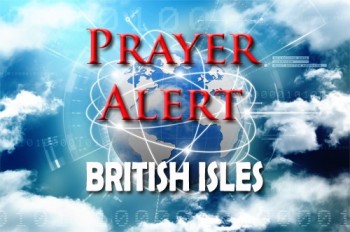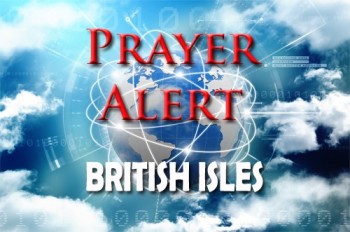Displaying items by tag: second lockdown
Second wave will be more gruelling
UK doctors have been warned the second coronavirus wave will be ‘gruelling professionally and personally’ with increased pressure throughout the winter. NHS chiefs and all four British medical officers have written to medics urging them to brace for a ‘prolonged’ Covid-19 outbreak over the coming weeks or even months. Healthcare professionals will have to be flexible, which ‘may entail working in unfamiliar circumstances or surroundings, or working in clinical areas outside of their usual practice.’ Their warning comes as Boris Johnson’s official spokesman told a Westminster briefing that England’s lockdown will not be extended. He insisted, ‘When the current national measures come to an end on 2 December, we will be returning to a regional tiered approach.’ Pray for rapid tests to speed up a return to normal life. Pray for God to inspire peace and remove the fear caused by continual negative media updates. Also, pray for the encouragement caused by news of the Pfizer vaccine to become reality.
Lockdown will worsen mental health challenges
42 mental health experts have warned that lockdown will trigger a spike in suicide, self-harm, alcoholism and domestic abuse. In an open letter to the Government, they said the longer the lockdown lasts, the worse this 'collateral damage' will be. Consultant psychologist Dr Keri Nixon, an expert in trauma and domestic abuse, said, 'The lockdown is supposed to prevent deaths from Covid. But it's also certain to cause further deaths, not only from other physical diseases like cancer but from poor mental health which has been worsening this year. It will also lead to intense loneliness and depression in older people: these are killer conditions, closely linked to poor physical health. Ironically, this will make them all the more vulnerable to Covid.' The letter calls for replacing lockdowns with 'focused protection' of the vulnerable. Each of the letter's claims are backed by peer-reviewed academic studies.

